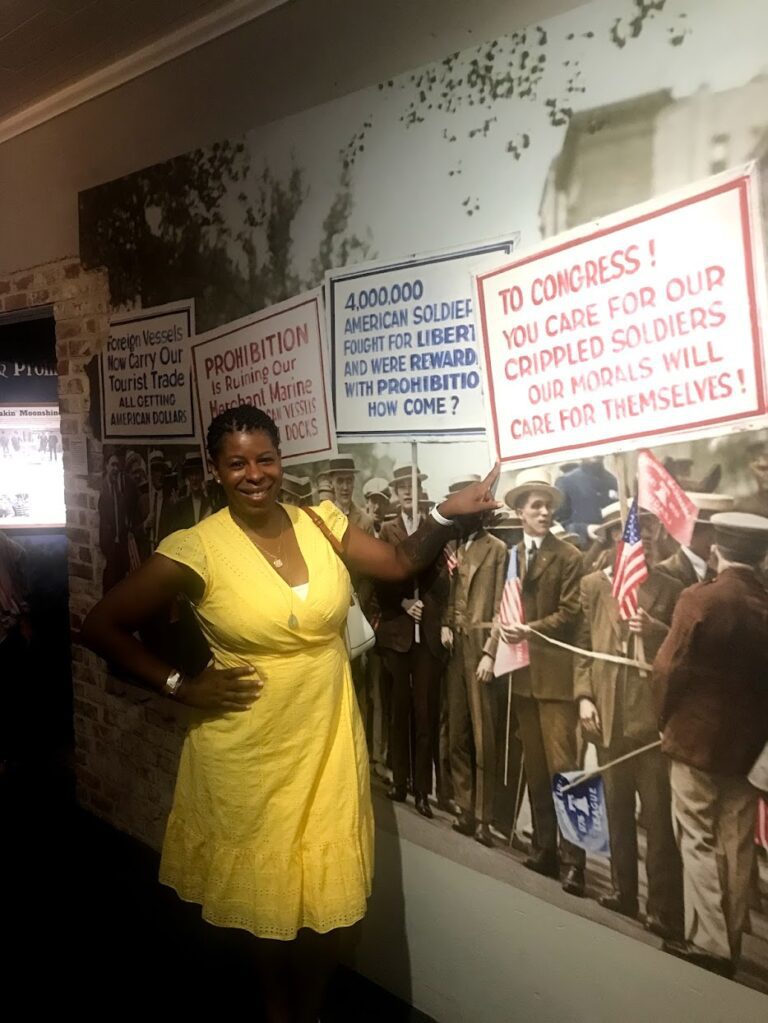Reflections on Race: Perspectives from the South
As a southern Black woman, I have always had a challenging push and pull of emotion when it comes to my home region. The first time I was called the N-word, I was 12 years old playing outside a little white boy’s house. I was having a blast until I unfortunately overheard his father say to his mom in an annoyed tone, “Who is that little N**** outside!” I was shocked, I was hurt, and I was afraid. That is what growing up in the South as a woman of color looks like. The South holds a unique place in American history, particularly concerning issues of race and identity. In this article, we delve into the nuanced perspectives of individuals who have lived and navigated the complex landscape of race in the South.
Exploring Historical Context:
From the legacy of slavery to the Civil Rights Movement, the Southern United States has been at the forefront of pivotal moments in the struggle for racial equality. Understanding the historical context is essential in grasping the intricacies of race relations in the region and the lasting impact they have on society today.
Personal Narratives:
Through firsthand accounts and personal narratives, individuals share their experiences of growing up in the South and confronting racial prejudice and discrimination. These stories offer insight into the challenges faced by marginalized communities and the resilience required to overcome adversity.
Here’s a short reading list featuring insightful memoirs and narratives:
- “The Warmth of Other Suns: The Epic Story of America’s Great Migration” by Isabel Wilkerson – This Pulitzer Prize-winning book chronicles the migration of African Americans from the South to the North and West, offering powerful firsthand accounts of individuals navigating racial discrimination and seeking better opportunities.
- “Between the World and Me” by Ta-Nehisi Coates – Written as a letter to his son, Coates reflects on his experiences growing up as a Black man in America and explores the complexities of race, identity, and systemic oppression.
- “The Fire Next Time” by James Baldwin – This seminal work consists of two essays, one addressed to Baldwin’s nephew and the other to the American people, discussing the role of race in American society and the urgent need for racial reconciliation.
- “Hood Feminism: Notes from the Women That a Movement Forgot” by Mikki Kendall – Kendall’s collection of essays explores the intersection of race, gender, and class, highlighting the experiences of Black women and the importance of inclusive feminism.
- “Citizen: An American Lyric” by Claudia Rankine – Through poetry and prose, Rankine explores the everyday experiences of racism and microaggressions faced by Black Americans, offering a powerful examination of race and belonging in contemporary America.
Challenges and Progress:
While the South has made significant strides towards racial equality, challenges persist. Systemic inequalities in areas such as education, employment, and criminal justice continue to disproportionately affect communities of color. However, there are also signs of progress and resilience as grassroots movements and community organizations work towards positive change.

Intersectionality and Identity:
Race intersects with other aspects of identity, such as gender, class, and sexuality, further complicating the narrative of race in the South. Exploring these intersections sheds light on the diverse experiences and perspectives within Southern communities and underscores the importance of intersectional approaches to social justice.
Looking Ahead:
As we reflect on race in the South, it is crucial to acknowledge the complexities and nuances inherent in discussions of identity and privilege. By amplifying marginalized voices, challenging systemic inequalities, and fostering dialogue and understanding, we can strive towards a more just and inclusive society for all.
Conclusion:
In conclusion, examining perspectives on race in the South offers valuable insights into the ongoing struggle for racial justice and equality. By confronting the challenges of the past and present with honesty and empathy, we can work towards building a future where all individuals are treated with dignity, respect, and equity.
Discover more from DG Speaks
Subscribe to get the latest posts sent to your email.




